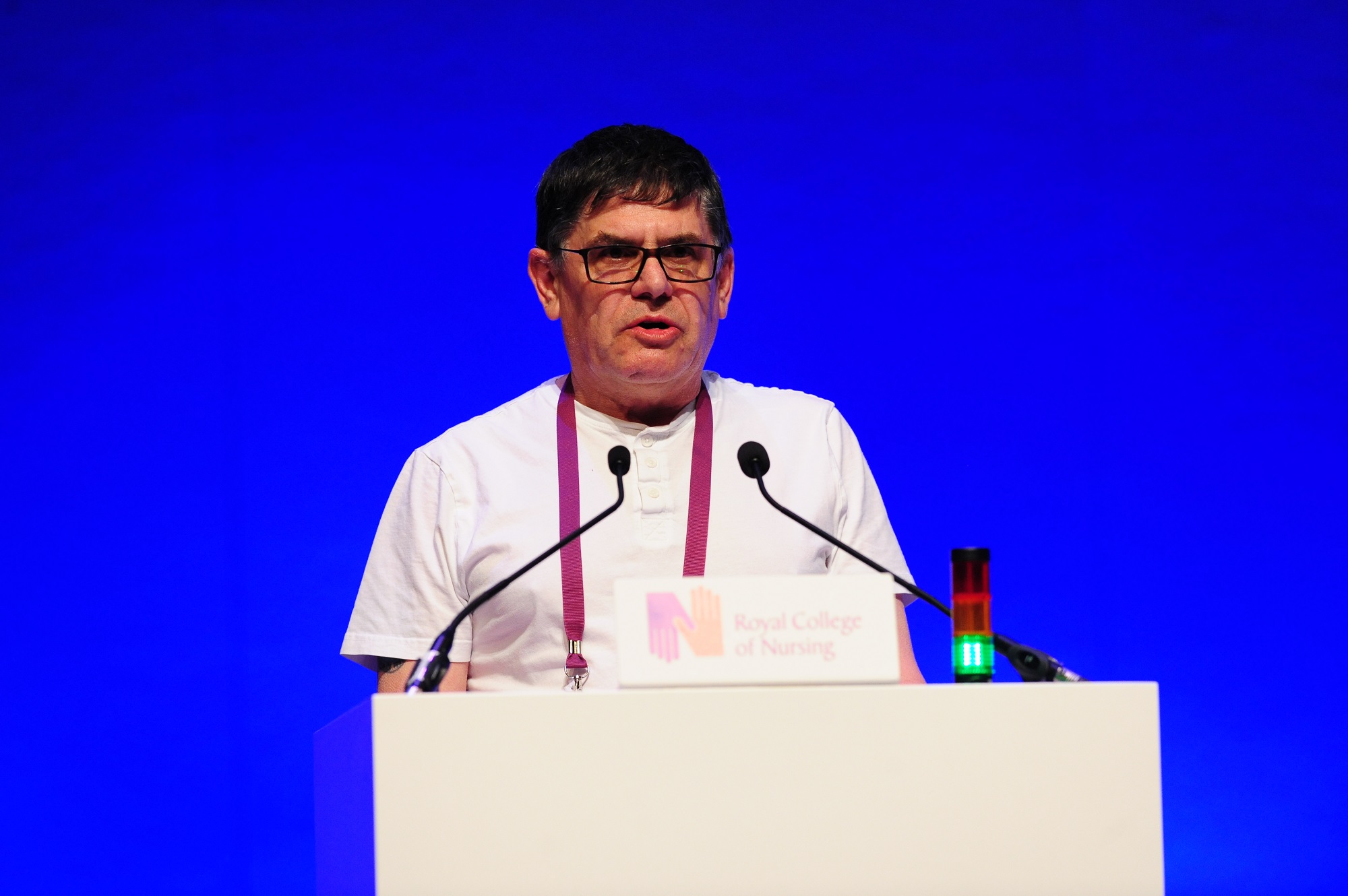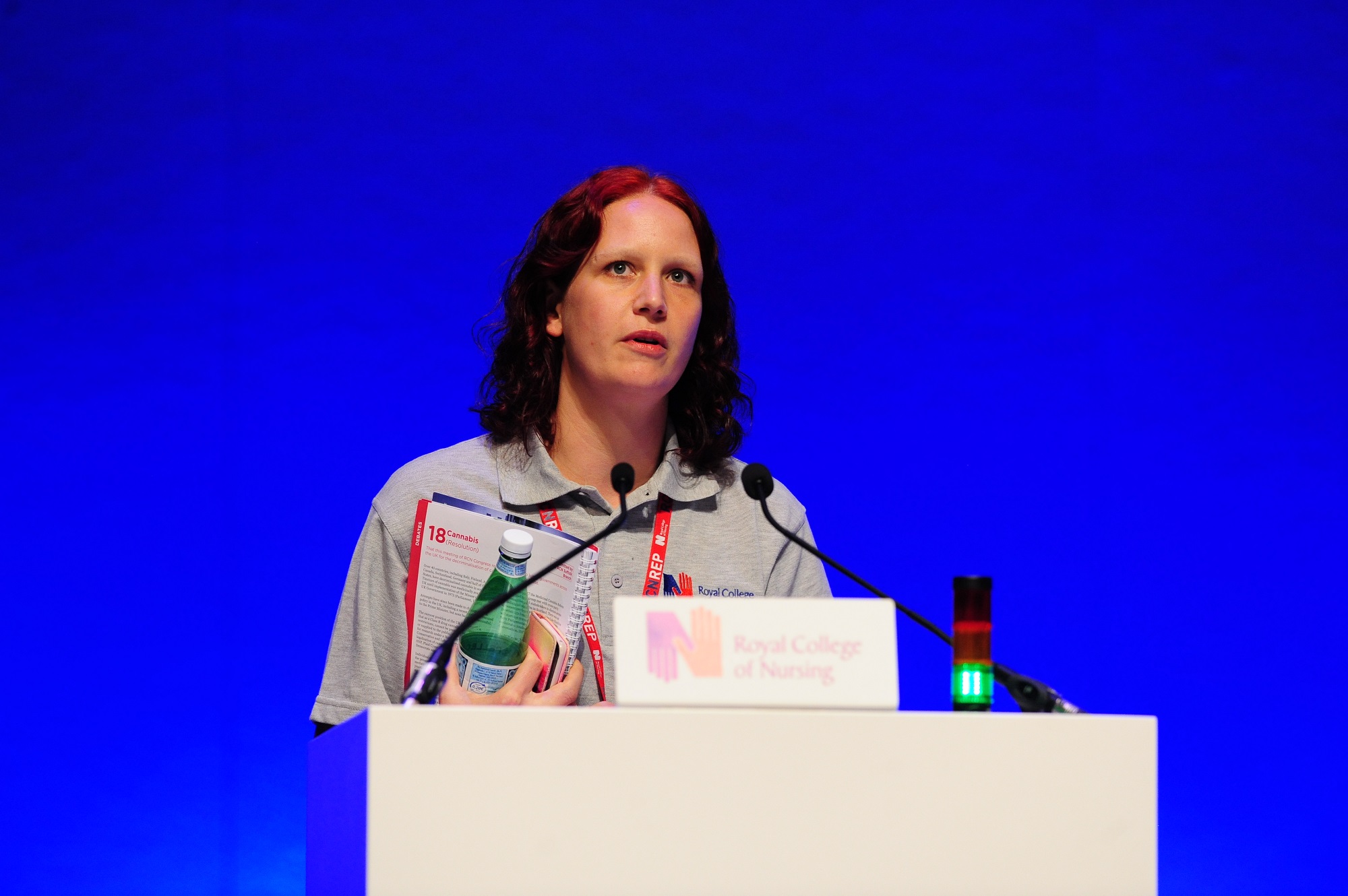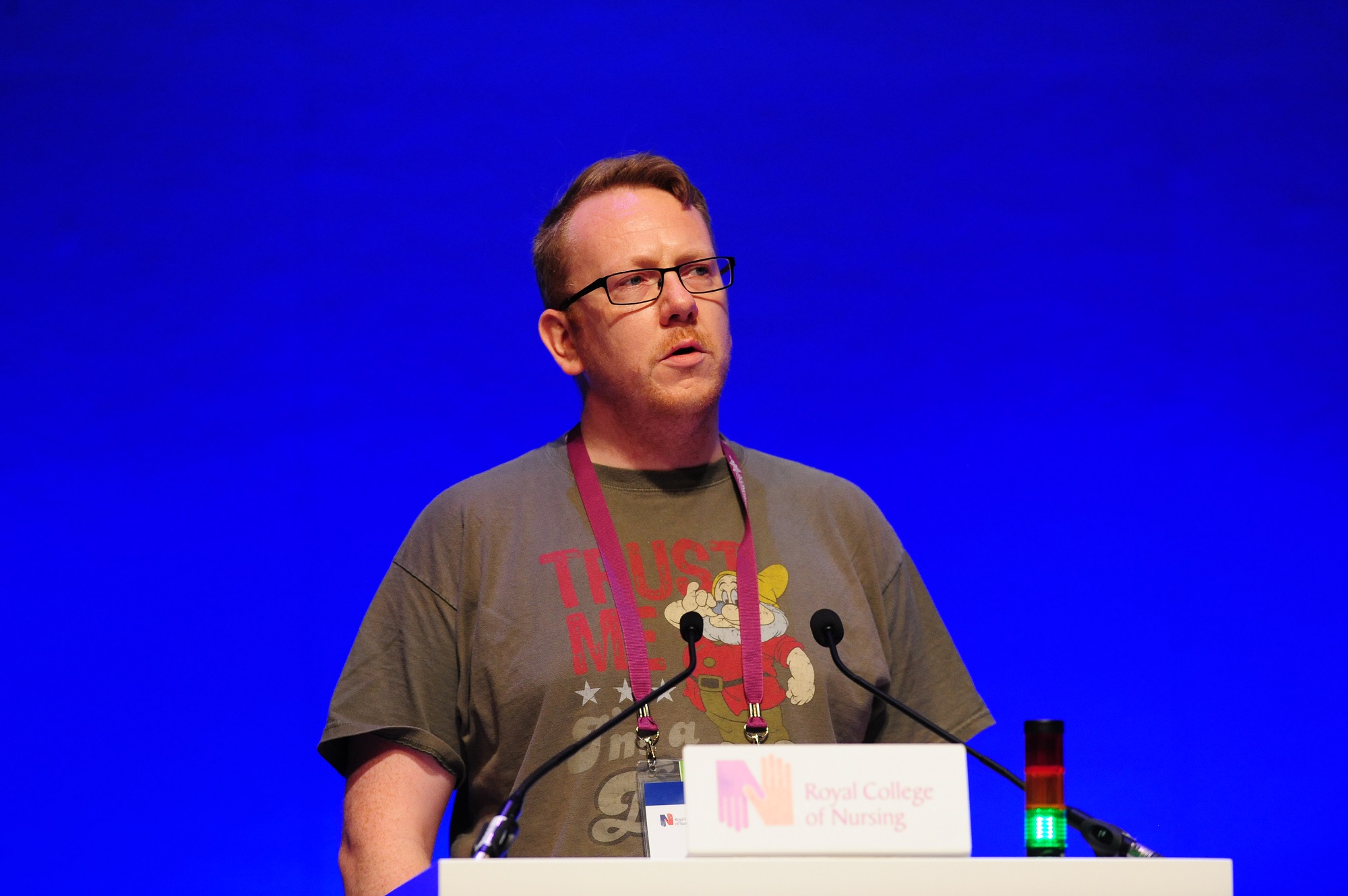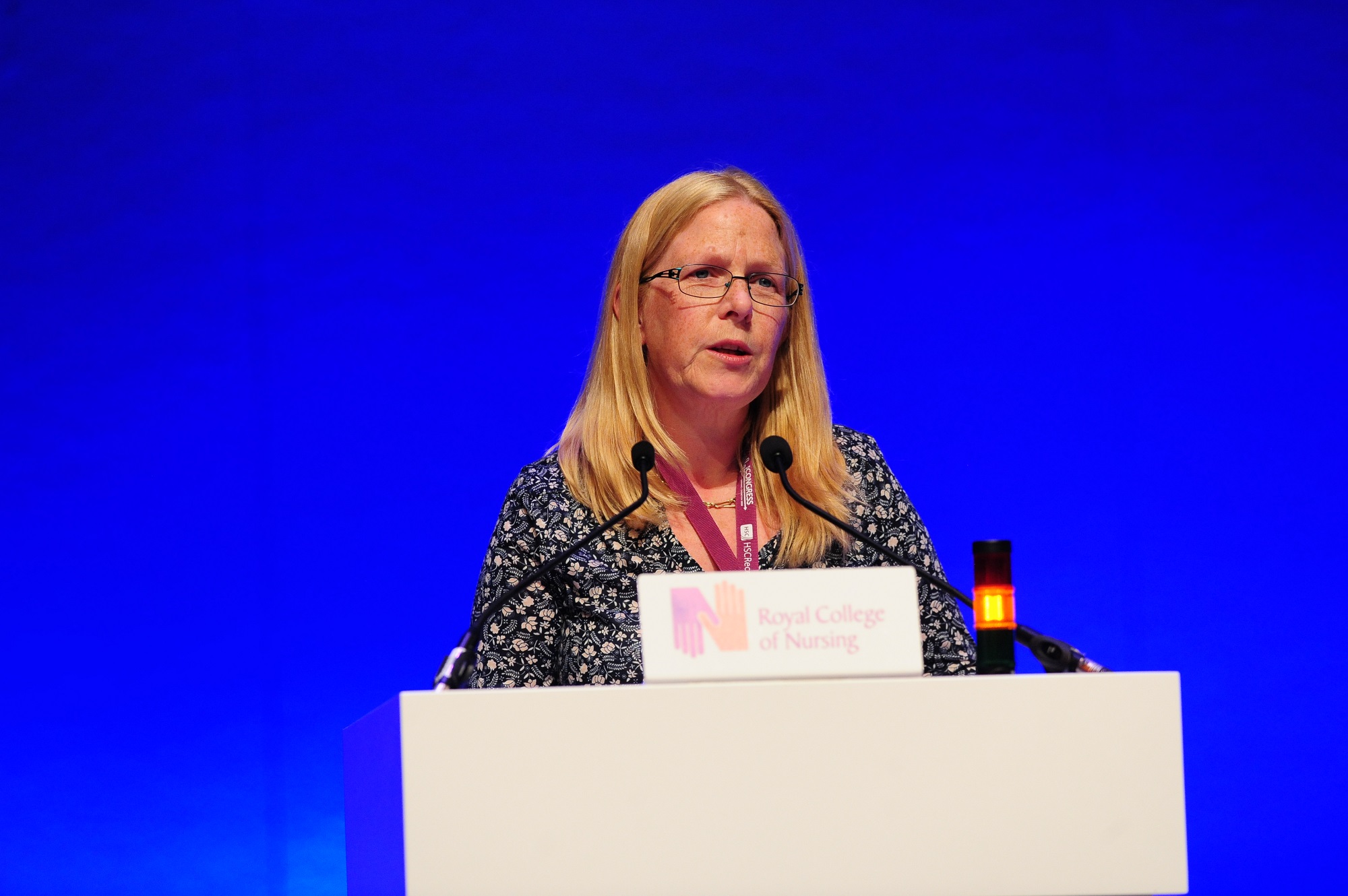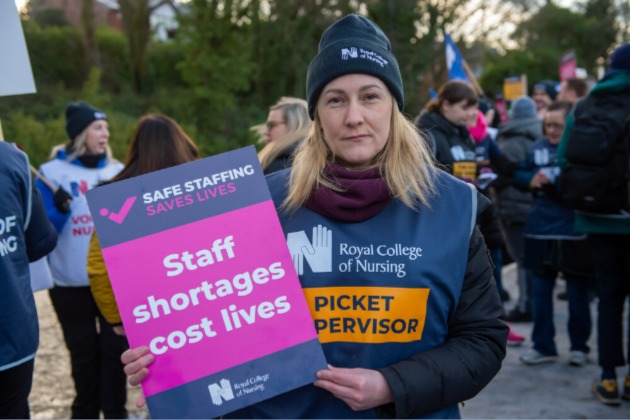Steve is 55 and has secondary progressive multiple sclerosis (MS). His main symptom is spasticity, which causes excruciating cramps and rigidity in his legs. He can longer walk. He struggles to sleep.
Four years ago he got some relief. His MS specialist nurse got him on a one-month trial of Sativex, the first cannabis-based medicine to be licensed in the UK.
“It hugely improved my quality of life,” says Steve. “It decreased my level of spasticity by 60% and I was able to walk and exercise again. My mood improved, I was happier and I began to regain some independence.”
It hugely improved my quality of life
Since then Steve’s only been able to afford seven months’ supply of Sativex. Because while it’s licensed for the treatment of muscle spasms in the UK, it’s not available on the NHS in England.
As Steve is no longer able to work, he’s had to save up his welfare payments to get private prescriptions for Sativex at a cost of £412 a month. For some people the cost is prohibitive and they find their own way of accessing cannabis for medicinal use.
“I’ve known people grow their own cannabis to put into chocolate, bake with or vape,” says Debbie Quinn, who worked as an MS specialist nurse for 12 years.
“Sativex is so difficult to get hold of that people often buy cannabis illegally as a last resort to alleviate their symptoms.
“Doing that has risks – you don’t know whether it’s true cannabis or what strength it is – but it’s a risk people are willing to take. For me, medicinal cannabis has value, but it should only be used when other treatment options have been exhausted.”
The unregulated use of the drug makes it difficult to provide holistic care, with some people reluctant to admit to their use of illegal cannabis, says Debbie. “There’s no control at the moment, no ability to monitor the use of cannabis alongside other treatments for MS. If it was legalised and prescribed, it would be much safer and would enable us to better care for our patients.”
Changing the law
The calls for cannabis to be decriminalised for medicinal use have been gathering pace. Last year, after reviewing the evidence, consulting medical advisers and talking to patients, the MS Society became the first health charity to change its position on the issue and proactively campaign for cannabis to be legalised for the relief of pain and muscle spasms.
And while the UK Government says it has no plans to legalise cannabis, citing the unquestionable harm it can cause individuals and society, political support for a change in the law is growing.
The Scottish National Party, Plaid Cymru, the Green Party and Liberal Democrats all believe medical cannabis should be legalised. A Private Members Bill to allow the production, supply, possession and use of cannabis for medicinal purposes is due to be discussed in Parliament in July.
Now the RCN has joined the debate. At its annual Congress in Belfast, members argued the merits of decriminalising cannabis for medicinal use, and called on its leading Council to lobby governments for a change in the law.
“Over 40 countries, including Germany, Italy and Canada, have decriminalised cannabis in some form,” said Tracey Risebrow, the RCN member who proposed the debate.
“There’s evidence of its medical benefit for a number of conditions and we have a duty to explore whether our patients might be helped by nurses putting their weight behind the issue.”
The speakers who took to the podium at Congress were also convinced of the idea after seeing the benefits it had brought to patients and loved ones in pain. But the potentially damaging long-term effects of taking the drug for recreational use were also acknowledged.
Fallon Scaife told the audience that 12 months ago she would have asked them not to support the decriminalisation of cannabis because of her own negative experiences.
“I lost the man I loved to paranoia through cannabis use," she said.
However, after working on an oncology ward for six months, she has now changed her mind, explaining: “I've seen the benefits that my patients have had. I wouldn't like to think of them going to unreputable sources to get it.”
Hear more from the debate:
What happens now?
Members at Congress voted in favour of campaigning for the decriminalisation of cannabis for medicinal use. The issue will now be considered by RCN Council to contemplate how work on it can be taken forward.
“It was a really good debate and explained what it’s like to care for people where there aren’t many treatment options,” said RCN Chief Executive Janet Davies. “The fact that there are more dangerous drugs available on prescription was an interesting argument. Nurses are spending a lot of time with people who have chronic illnesses and are frustrated by the current rules.
“People are currently self-medicating from sources that aren’t necessarily safe and they don’t know the content or original source. People who are vulnerable are being forced into this position. Our work now will look at the evidence.”
Patient perspective
Steve Colborn has secondary progressive multiple sclerosis (MS)
I had my first MS attack at the age of 19. I lost all feeling down my right side and was paralysed from the neck down.
I recovered almost completely but had another six or seven episodes within 18 months. Doctors were mystified and it took six years to get a diagnosis of relapsing remitting MS.
Back then MS didn’t really affect my life at all. I would have episodes every now and then but chose to get really fit in an attempt to stave off its progress. Muscles can take over the function of nerves and for some time I managed to control my symptoms in this way.
But five years ago I was diagnosed with secondary progressive MS, which has caused my disability to get steadily worse.
I’m now in a wheelchair, have very little power in or control over my left hand and one of my eyes doesn’t work so well. I have extreme spasticity, which causes excruciating muscle cramps and rigidity in my legs.
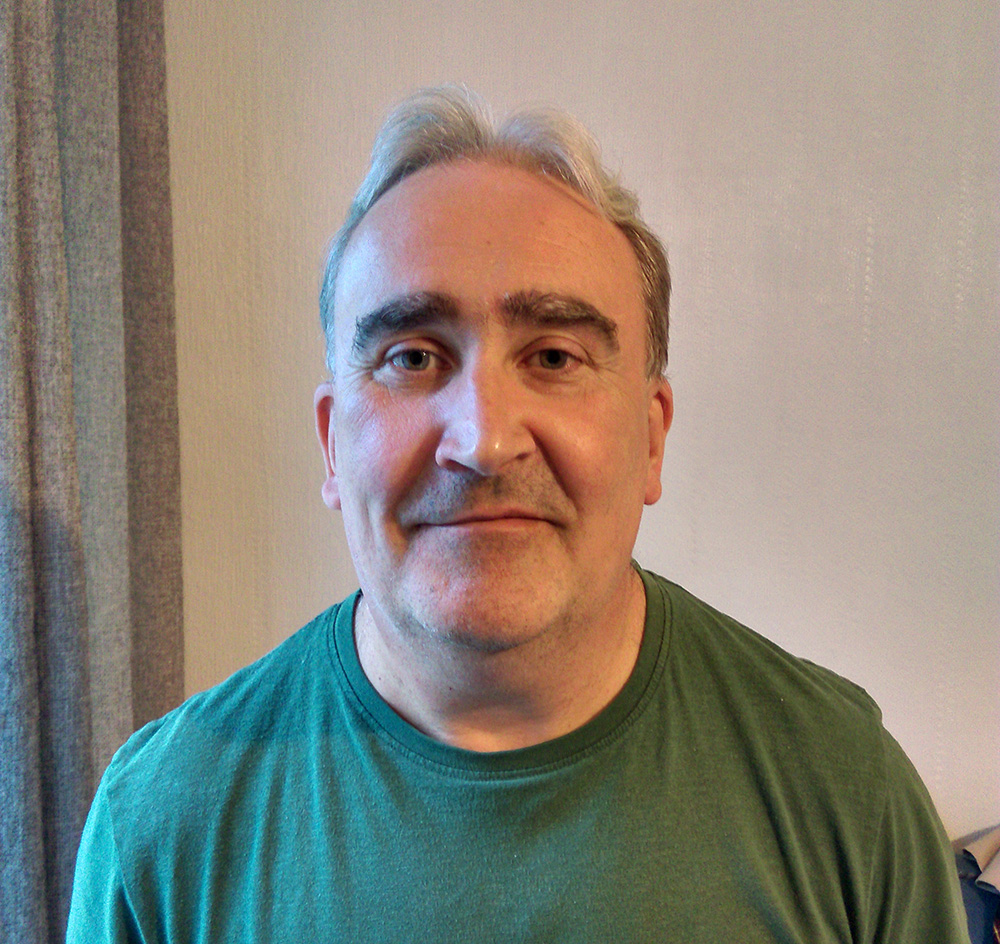
I’ve had two specialist MS nurses over the years. Both have been amazing and done a fantastic job in getting me access to the services I need.
Two years ago I was at rock bottom. To be honest, I was suicidal. I called my specialist nurse, Barbara Wingrove, and was incoherent on the phone. She saw me that afternoon and listened to me pour my heart out about how much my health and life had deteriorated.
She understood. She really listened and she said she would do all that she could to help me.
It was Barbara who got me onto the trial of Sativex, the first cannabis-based medicine to be licensed in the UK.
It’s the only treatment that’s proved effective and I want to thank her for all that she’s done. I only wish now that it was more readily available and that I didn’t need to fight to get access to it.
Sadly, there aren’t enough specialist MS nurses and since moving to a different hospital I’m no longer under the care of one. Their work is so vital. I do hope there’s more investment in them soon.
Quick facts about Sativex
What is Sativex?
Sativex is a mouth spray containing two chemical extracts derived from the cannabis plant: delta-9 tetrahydrocannabinol (THC) and cannabidiol (CBD).
How does it work?
Sativex is thought to act via receptors in the central nervous system and in immune cells. It’s an inhibitor that stops the body from tensing up and prevents the fight or flight response.
What are the side effects?
Common side effects include dizziness, drowsiness, diarrhoea, fatigue, nausea, headache and a dry mouth.
Who can access it?
Sativex can only be prescribed by a specialist doctor with experience of treating MS spasticity. The person must have shown inadequate response to other treatments or found their side effects intolerable. It is not available on the NHS in England, Scotland or Northern Ireland, though it can be used within the NHS in Wales.
Why isn’t it more widely available?
Though Sativex has been licensed for use in the UK by the Medicines and Healthcare products Regulatory Agency (MHRA), it has not been fully assessed by the National Institute for Health and Care Excellence (NICE). In the 2014 MS clinical guideline, NICE did not recommend the prescription of Sativex “because it is not a cost effective treatment”.



